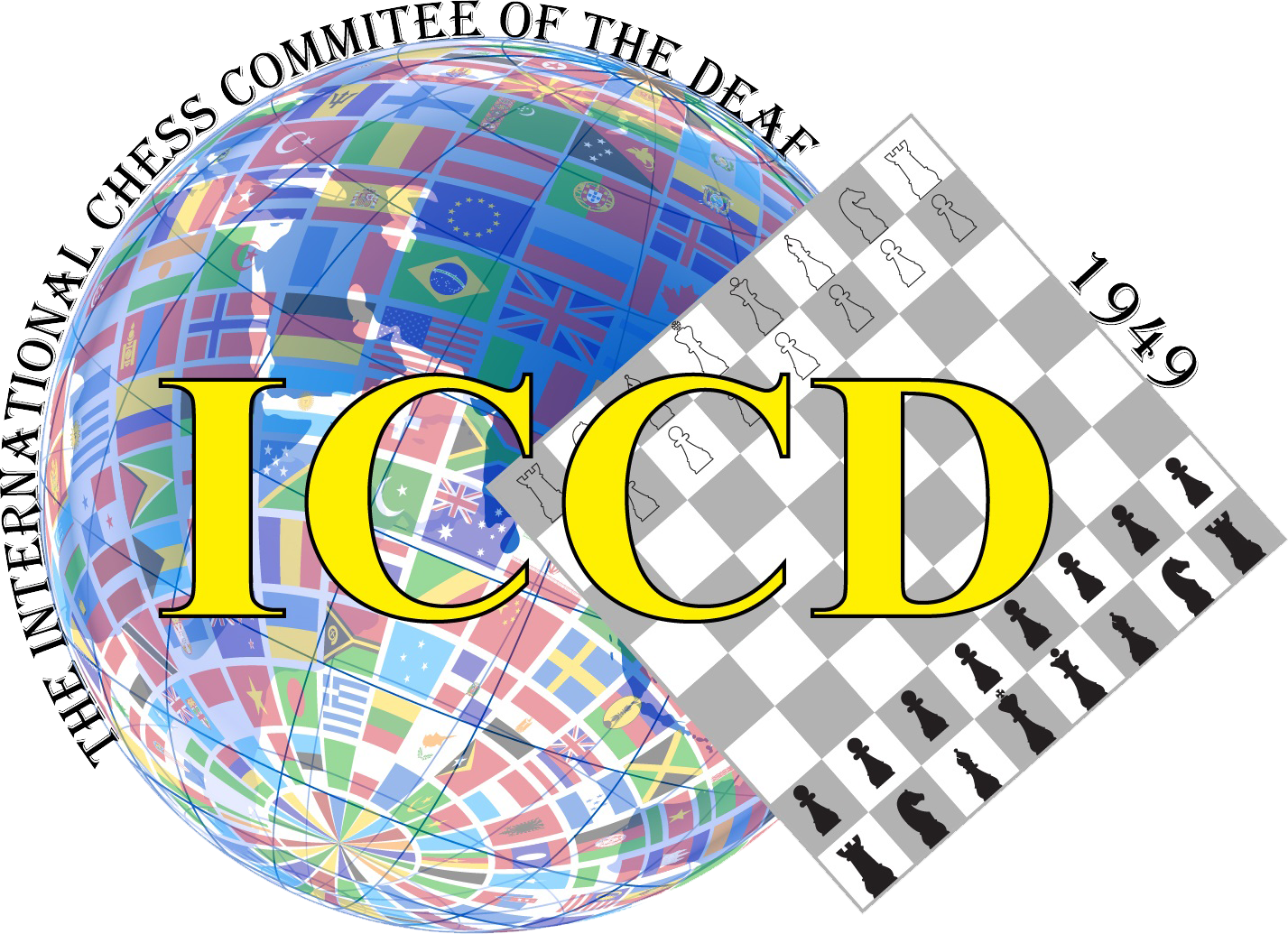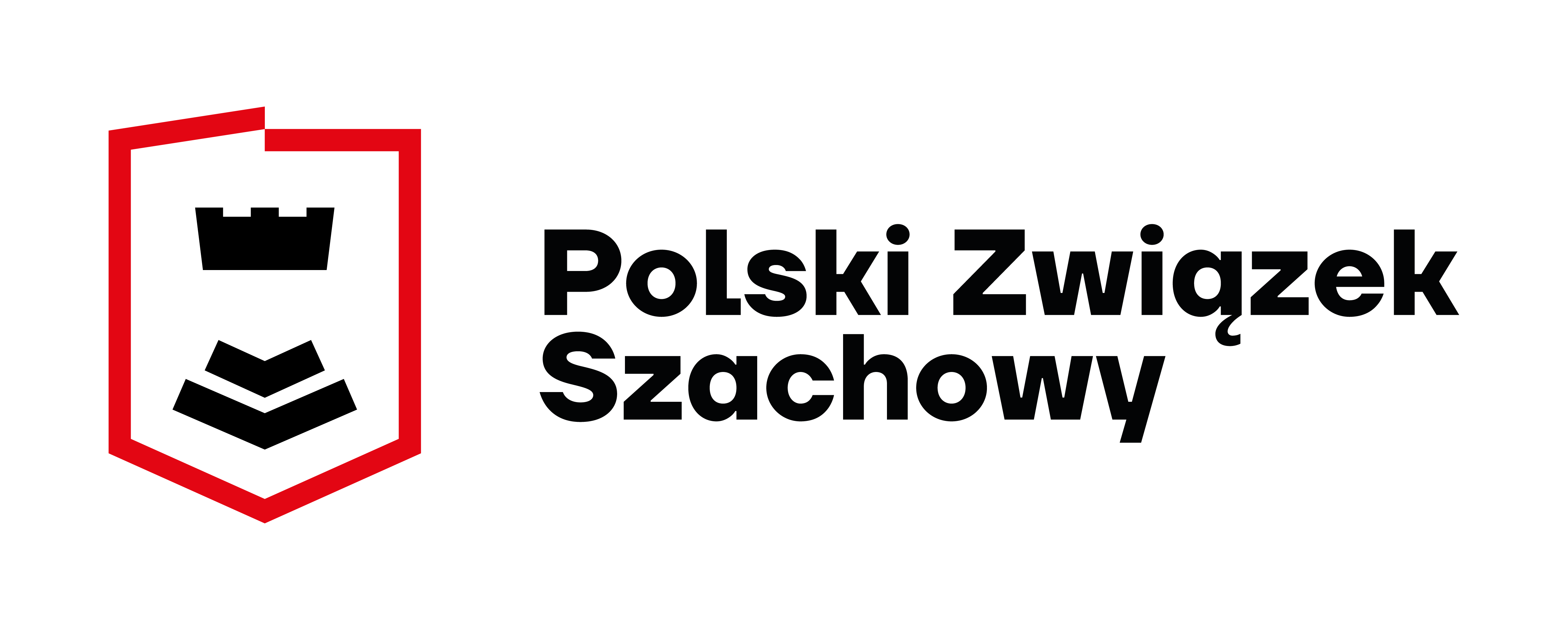Have You Heard About Deaf Chess?
Author: TheOnoZone
When I was first contacted about writing an article about deaf chess and the upcoming World Deaf Chess Team Championships, I had what us chess players might call a "deep think".
Imagine someone told you there was a community of deaf chess players and a World Deaf Chess Team Championships. What would your first reaction be? I will tell you honestly what mine was:
"But why?"
In what way does being deaf affect your ability to play chess? Can’t deaf people just play with everyone else? Then, a few seconds after I had that initial thought, I remembered that I had a nearly identical reaction when I first discovered there were chess tournaments for women. I thought to myself, why on earth would women need to be separated from men in an intellectual pursuit such as chess? But I quickly realised the answer: men. Chess or chess-playing ability had little to do with it. Instead, it was the tournament experience. It was the environment. It was the opportunity to be in a space with people you shared more than just a mutual obsession with pawn structures with. And since then, I have become more and more aware of the benefits of female chess events in general - through podcasts, articles and ambassadors for female chess.
So it didn’t take me long to consider that deaf chess might exist for a similar reason. Namely, sharing an environment with people who were also deaf, with people who understood and shared the same experience, probably just made the event easier and more comfortable to attend. That was, I thought, probably one of the reasons that deaf chess existed.
Before I started researching this article, I tried to put myself in the mind of a deaf chess player. This seemed like the kind of thought experiment that would challenge my own biases and preconceptions.
I immediately envisioned trying to sign ‘Good Luck’ to my opponent, knocking over my king, and accidentally resigning before move 1.
In all seriousness, I did consider that not being able to hear might - in some ways - be a bit of an advantage. During my own chess study, trying to find a quiet place to think can be a real battle for me. I currently reside in a tiny house with a partner who works from home and a two-year-old child who thinks he can open doors with his mind by screaming ‘OPEN!’. For me, having zero audio distractions seemed like it might occasionally be nice. At least when it came to chess and chess study. Or so my uninformed self thought.
However, I also considered that it might be a real bummer to not be able to listen to Ben Johnson and his Perpetual Chess Podcast, as well as the other excellent audio chess resources available to me, especially at times of the day when my hands are busy - like when I’m doing the dishes or cooking.
Anyway, after all this conjecture, I figured at a certain point I should probably stop guessing what it was like to be deaf and play chess, and actually ask someone who was deaf and played chess. An excellent idea if I don’t say so myself. They pointed out some things I missed.
One thing that stood out to me was the difficulty in having a post-game analysis with non-deaf opponents who most likely can’t use sign language. I also learnt a lot about being deaf in general. For example, I found out that communicating in sign language was comparable to speaking a foreign language - a frustration I can at least try to understand as a Scotsman living in rural Spain.
But with my own guesses, and the information provided to me, it is clear that there is real value and a real need for chess subcultures of all kinds. Deaf chess events and deaf chess culture is a part of that.
So if you are deaf or have a hearing impairment of any kind, then I’m here to tell you: there’s a place where you can both sign and resign and everyone will understand you. It’s called the World Deaf Chess Team Championships, and with all the excitement of the Chess Olympiad behind us, the format is sure to be exciting for all chess fans - both deaf and non-deaf.
I especially enjoyed the Chess Olympiad, and one of the reasons for that was the rating disparity that exists in these tense international events. The World Deaf Chess Team Championships will be no different with teams competing from over 24 countries. For me, games in which there is a high rating disparity can be so instructive, because the players plans are often realised and visible at the surface level - even to patzers like me! I’m also a big fan of the extra tension that comes with seeing chess played as a team sport. You can’t beat it.
And so, if you joined the chess revolution after the pandemic-/Queen’s Gambit-induced chess boom - then like me you might not have known about deaf chess as a subculture. But now you do. Deaf chess is a thing. And if it's a thing you think you might not just want to watch, but also learn more about and maybe even participate in, then you’ll be happy to learn that there are many ways to get involved.
Firstly, you should watch the big event. You can read all about the World Deaf Chess Team Championships and how to follow it here. Another good place to start integrating in the subculture is online. The organisers of the World Deaf Chess Team Championships are holding an event on Lichess called "3 Hours for Ukraine". The event is open for everyone - deaf or not - and your participation can help... And on the topic of Ukraine, you can also donate here to support Ukrainian players’ participation in the World Deaf Chess Team Championships.
Additionally, you can support this awesome event as well by sharing this article or by joining the tournament yourself. Every share and every player makes a difference! If you want to support the World Deaf Chess Team Championships in other ways, please contact them by email at [email protected].














